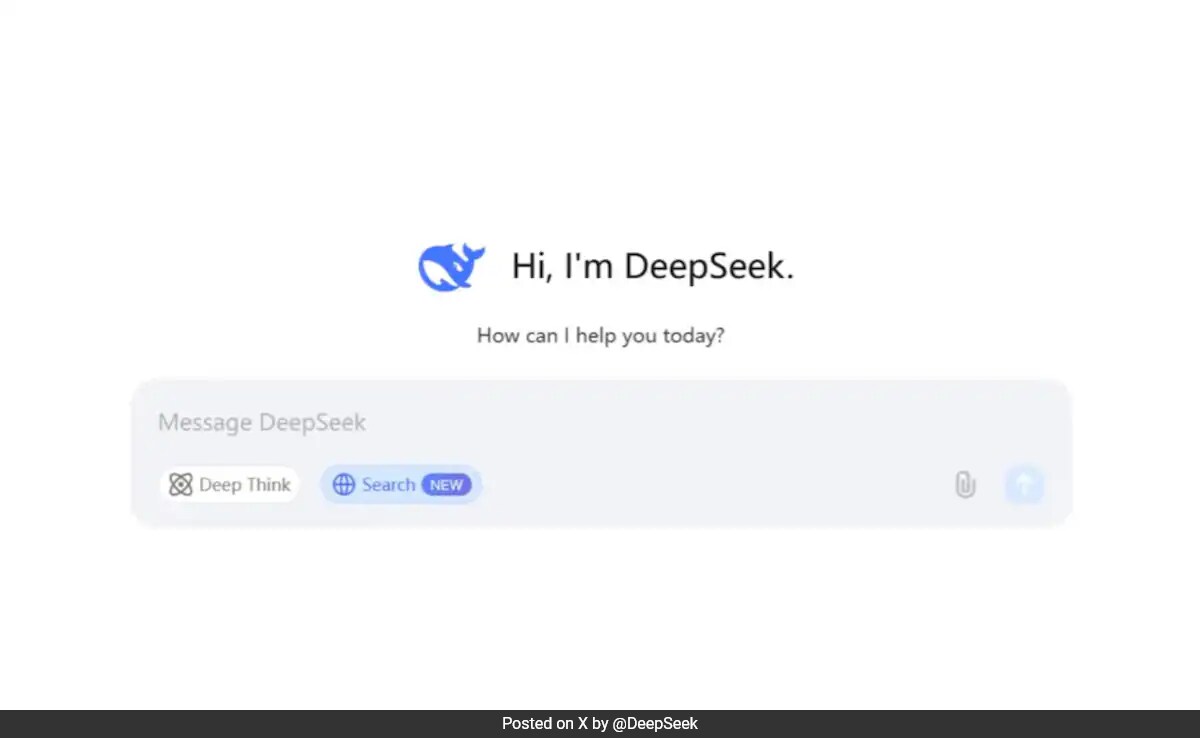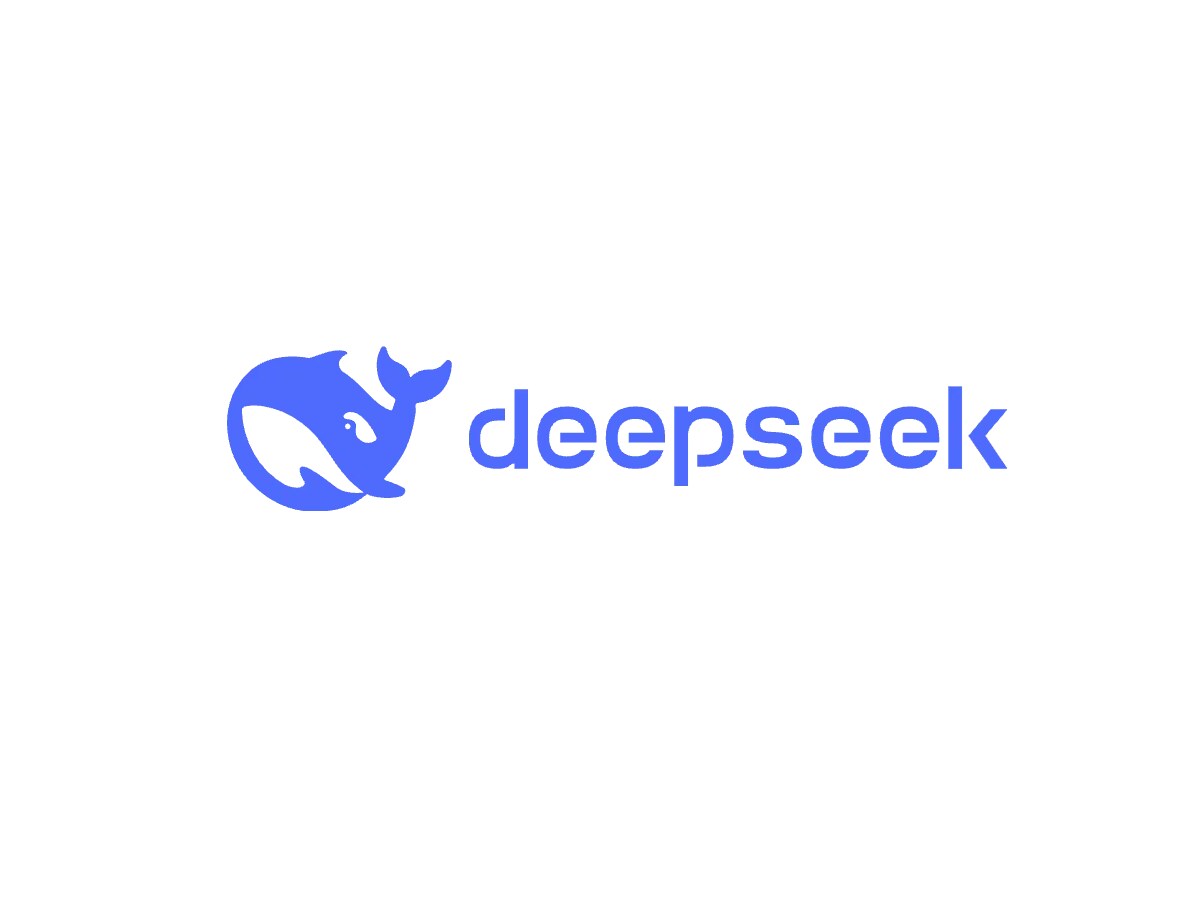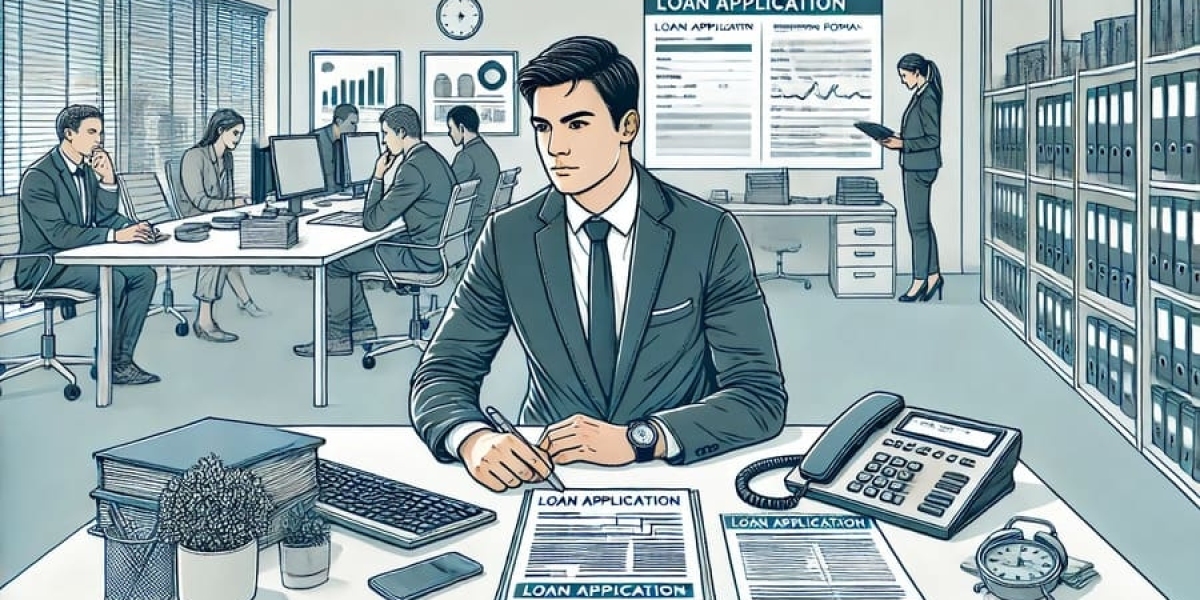OpenAI and the White House have actually implicated DeepSeek of utilizing ChatGPT to cheaply train its brand-new chatbot.
- Experts in tech law say OpenAI has little recourse under intellectual residential or commercial property and agreement law.
- OpenAI's terms of use may use however are mainly unenforceable, they say.
Today, OpenAI and the White House implicated DeepSeek of something comparable to theft.

In a flurry of press statements, they stated the Chinese upstart had actually bombarded OpenAI's chatbots with queries and hoovered up the resulting information trove to quickly and cheaply train a design that's now practically as excellent.
The Trump administration's leading AI czar said this training procedure, called "distilling," totaled up to intellectual property theft. OpenAI, meanwhile, told Business Insider and other outlets that it's investigating whether "DeepSeek might have wrongly distilled our models."
OpenAI is not saying whether the company prepares to pursue legal action, rather assuring what a representative described "aggressive, proactive countermeasures to safeguard our technology."
But could it? Could it take legal action against DeepSeek on "you stole our material" grounds, wiki.rrtn.org similar to the premises OpenAI was itself sued on in a continuous copyright claim filed in 2023 by The New York Times and other news outlets?
BI posed this concern to specialists in technology law, who stated tough DeepSeek in the courts would be an uphill struggle for OpenAI now that the content-appropriation shoe is on the other foot.
OpenAI would have a tough time showing an intellectual property or copyright claim, these legal representatives said.
"The question is whether ChatGPT outputs" - suggesting the responses it produces in reaction to queries - "are copyrightable at all," Mason Kortz of Harvard Law School said.
That's because it's unclear whether the responses ChatGPT spits out certify as "creativity," he stated.

"There's a teaching that states innovative expression is copyrightable, but truths and ideas are not," Kortz, who teaches at Harvard's Cyberlaw Clinic, stated.
"There's a big concern in copyright law today about whether the outputs of a generative AI can ever make up imaginative expression or if they are necessarily unprotected realities," he included.
Could OpenAI roll those dice anyhow and declare that its outputs are safeguarded?
That's not likely, the lawyers stated.
OpenAI is already on the record in The New York Times' copyright case arguing that training AI is an allowed "fair usage" exception to copyright protection.
If they do a 180 and inform DeepSeek that training is not a fair usage, "that might return to sort of bite them," Kortz stated. "DeepSeek could say, 'Hey, weren't you simply saying that training is reasonable usage?'"

There might be a difference in between the Times and DeepSeek cases, Kortz included.
"Maybe it's more transformative to turn news short articles into a model" - as the Times accuses OpenAI of doing - "than it is to turn outputs of a model into another design," as DeepSeek is stated to have actually done, Kortz stated.
"But this still puts OpenAI in a quite predicament with regard to the line it's been toeing concerning fair use," he included.
A breach-of-contract claim is more most likely
A breach-of-contract suit is much likelier than an IP-based suit, though it features its own set of issues, said Anupam Chander, who teaches innovation law at Georgetown University.
Related stories
The regards to service for Big Tech chatbots like those developed by OpenAI and Anthropic forbid utilizing their content as training fodder for a competing AI model.
"So perhaps that's the suit you might potentially bring - a contract-based claim, not an IP-based claim," Chander said.
"Not, 'You copied something from me,' but that you gained from my design to do something that you were not enabled to do under our contract."
There might be a drawback, Chander and Kortz stated. OpenAI's terms of service need that a lot of claims be resolved through arbitration, not suits. There's an exception for suits "to stop unapproved use or abuse of the Services or intellectual home violation or misappropriation."
There's a bigger hitch, utahsyardsale.com though, experts said.
"You need to know that the fantastic scholar Mark Lemley and a coauthor argue that AI regards to usage are likely unenforceable," Chander stated. He was referring to a January 10 paper, "The Mirage of Expert System Regards To Use Restrictions," by Stanford Law's Mark A. Lemley and Peter Henderson of Princeton University's Center for Information Technology Policy.
To date, "no model creator has in fact tried to enforce these terms with monetary penalties or injunctive relief," the paper says.

"This is most likely for great factor: we think that the legal enforceability of these licenses is questionable," it adds. That's in part due to the fact that model outputs "are mostly not copyrightable" and due to the fact that laws like the Digital Millennium Copyright Act and scientific-programs.science the Computer Fraud and Abuse Act "offer limited option," it states.
"I believe they are most likely unenforceable," Lemley informed BI of OpenAI's regards to service, "because DeepSeek didn't take anything copyrighted by OpenAI and since courts generally won't enforce contracts not to complete in the absence of an IP right that would avoid that competitors."
Lawsuits between parties in various countries, each with its own legal and enforcement systems, are constantly difficult, Kortz said.
Even if OpenAI cleared all the above hurdles and won a judgment from an US court or arbitrator, "in order to get DeepSeek to turn over cash or stop doing what it's doing, the enforcement would boil down to the Chinese legal system," he said.
)
Here, OpenAI would be at the mercy of another incredibly complicated location of law - the enforcement of foreign judgments and the balancing of specific and business rights and national sovereignty - that stretches back to before the starting of the US.
"So this is, a long, made complex, laden procedure," Kortz added.
Could OpenAI have secured itself much better from a distilling incursion?
"They might have utilized technical steps to block repetitive access to their website," Lemley said. "But doing so would also interfere with normal customers."
He added: "I do not think they could, or should, have a legitimate legal claim against the searching of uncopyrightable details from a public website."
Representatives for DeepSeek did not instantly react to an ask for comment.
"We understand that groups in the PRC are actively working to use methods, including what's referred to as distillation, to attempt to reproduce advanced U.S. AI models," Rhianna Donaldson, an OpenAI spokesperson, told BI in an emailed declaration.






